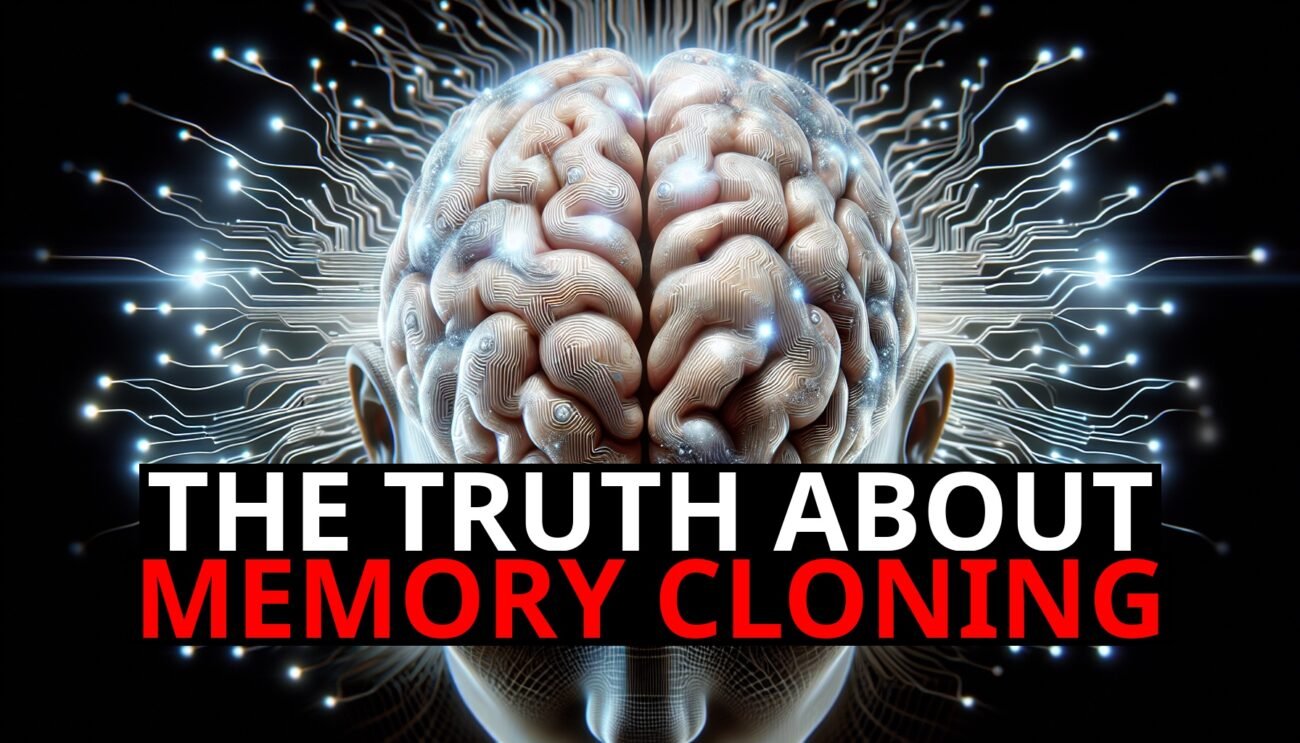Time travel has fascinated humanity for generations, offering a tantalizing glimpse into the possibility of altering the past to create a better future. One of the most provocative questions posed in this context is, “Would you kill baby Hitler to prevent the horrors of World War II?” While the idea might seem straightforward, it is fraught with complexities and moral dilemmas. Let’s dive into the wibbly-wobbly, timey-wimey complexities of time travel and explore why killing baby Hitler won’t solve anything.
The Assumption Of Certainty
At the heart of the “killing baby Hitler” argument lies the assumption of certainty: the belief that baby Hitler will inevitably grow up to become the dictator responsible for countless atrocities. However, this assumption overlooks a fundamental truth about life—nothing is guaranteed. Two key concepts challenge this assumption: free will and entropy.
Free Will: The Potential For Change
Free will is the ability of individuals to make their own choices. Even if you encounter a young Hitler and follow his life, his future actions are not set in stone. He has the potential to make different decisions that could lead him down a vastly different path.
– Choice and Influence: At any point in his life, Hitler could make choices that diverge from the path that led to his rise as a dictator. Positive influences, such as mentorship or changes in his environment, could have steered him away from his infamous role in history.
– Moral Responsibility: Assuming that someone will commit future atrocities and acting against them based on that assumption is like grounding your teenager now because you think they might break curfew next year. It’s just not fair and certainly not ethical.
Entropy: The Unpredictability Of Life
Entropy introduces randomness and unpredictability into every aspect of life. This means that future outcomes are never guaranteed, and many factors could influence a person’s development.
– Random Events: Life is full of unforeseen events that can drastically alter someone’s trajectory. Health issues, accidents, or chance encounters can significantly impact a person’s path. For instance, young Hitler could have succumbed to an illness or died in an accident, preventing him from ever rising to power. Imagine all the times you barely missed being hit by a falling piano—life’s funny that way.
– External Influences: Numerous external factors, including socio-economic conditions, personal relationships, and historical events, play a crucial role in shaping an individual’s destiny. These factors could lead to a variety of outcomes, some of which might not involve the person becoming a dictator.
Probability And Increased Risk
While it is reasonable to assume that there might be an increased probability of young Hitler becoming a dictator based on historical knowledge, this probability is far from a guarantee. The younger the individual, the more their future is shaped by a wide range of potential influences and choices.
– Likelihood of Outcomes: While certain traits and circumstances might increase the probability of someone becoming a dictator, there is never 100% certainty. The future is influenced by countless variables, making any specific outcome merely one of many possibilities.
Alternative Outcomes
Given the unpredictability of free will and entropy, intervening in the past does not guarantee the desired outcome. If you were to travel back in time, meet a young Hitler, and follow his life, several possible scenarios could unfold:
- Ordinary Life: Hitler might grow up to lead an unremarkable life, never achieving significant power or notoriety. Maybe he’d be just another struggling artist with a day job, complaining about how nobody understands his genius.
- Positive Impact: In a different set of circumstances, he might use his influence for good, potentially becoming a hero or positive leader. Who knows, maybe he’d be the guy who invented the hoverboard (we’re still waiting, by the way).
- Alternate Dictator: Another individual might rise to power and commit atrocities if the socio-political conditions that enabled Hitler’s rise remain unchanged. Swapping out one villain for another isn’t exactly a win.
Ethical Considerations
Intervening in the past to change the future raises significant ethical questions:
– Assumption of Guilt: Acting against someone based on potential future actions they have not yet committed is ethically problematic. This approach assumes guilt without any evidence of wrongdoing and preempts the possibility of positive change.
– Positive Interventions: Rather than resorting to extreme measures, focusing on positive interventions that address underlying societal issues and promote social justice, education, and democratic values can help prevent the rise of future tyrants.
Conclusion
The “killing baby Hitler” argument is fundamentally flawed because it assumes a certainty in future outcomes that does not exist. Life is inherently unpredictable, shaped by free will and entropy. By acknowledging these complexities, we understand that preemptive actions based on assumed futures are ethically and practically unsound.
Instead of focusing on hypothetical interventions in the past, we should address the root causes of societal issues and promote positive influences that guide individuals towards constructive paths. This approach respects the potential for change in every person and the unpredictability of the future, offering a more ethical and effective way to prevent atrocities.
Time travel remains a fascinating concept, but it serves as a reminder of the complexities and moral challenges involved in altering history. By understanding these challenges, we can better appreciate the importance of addressing present-day issues to create a better future. Plus, it saves us the headache of figuring out how to fuel our DeLorean to hit 88 mph.













